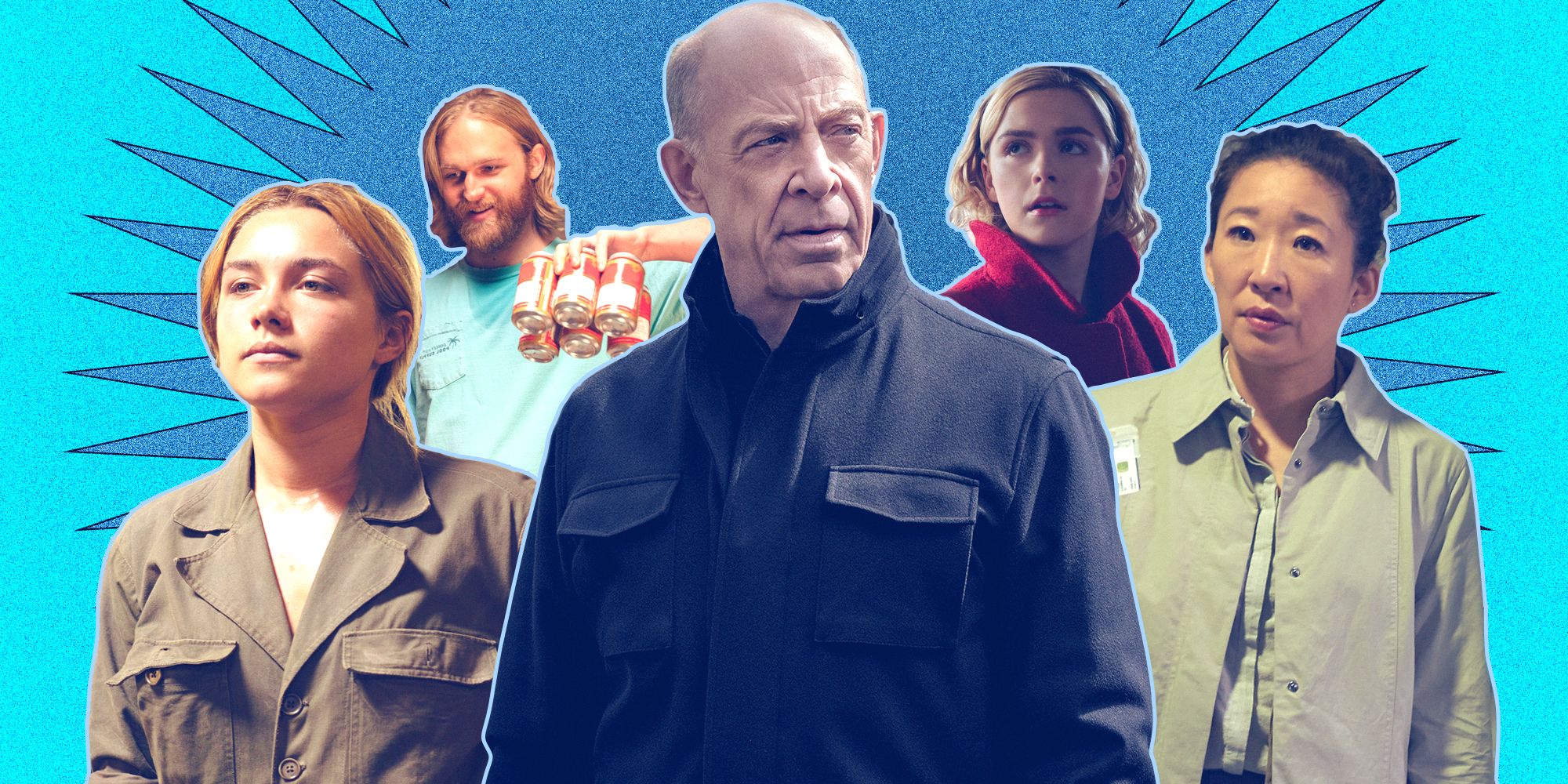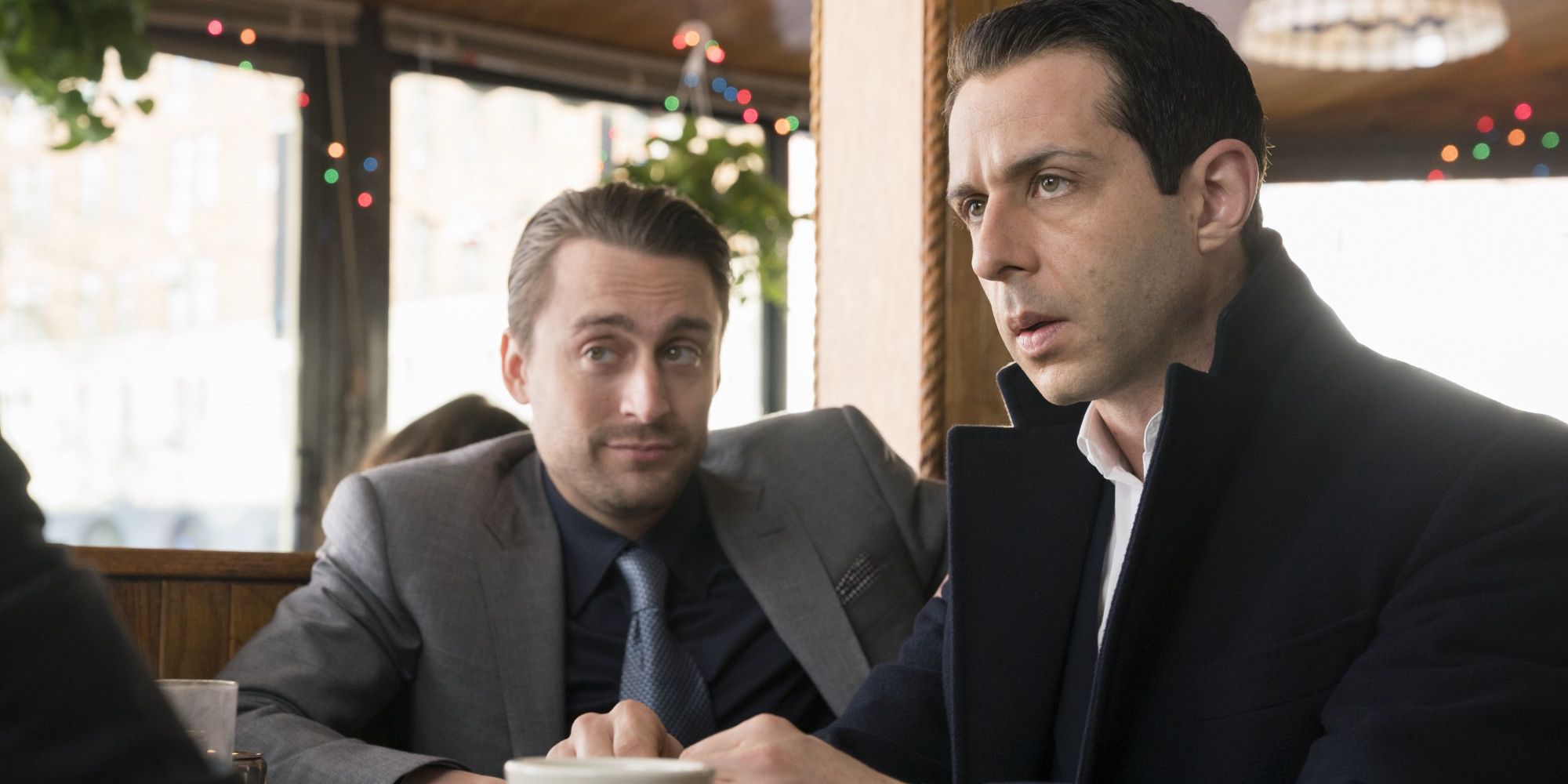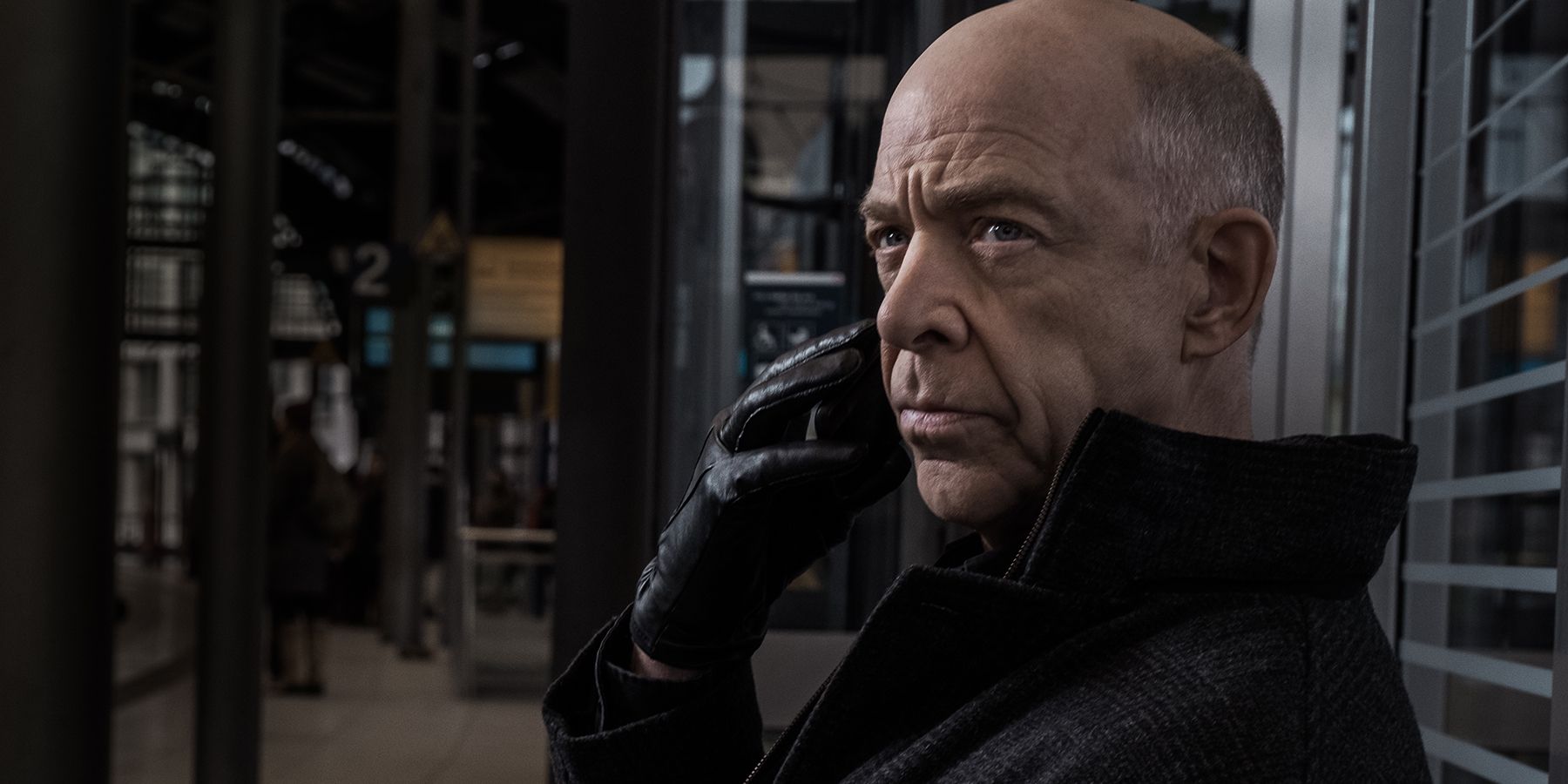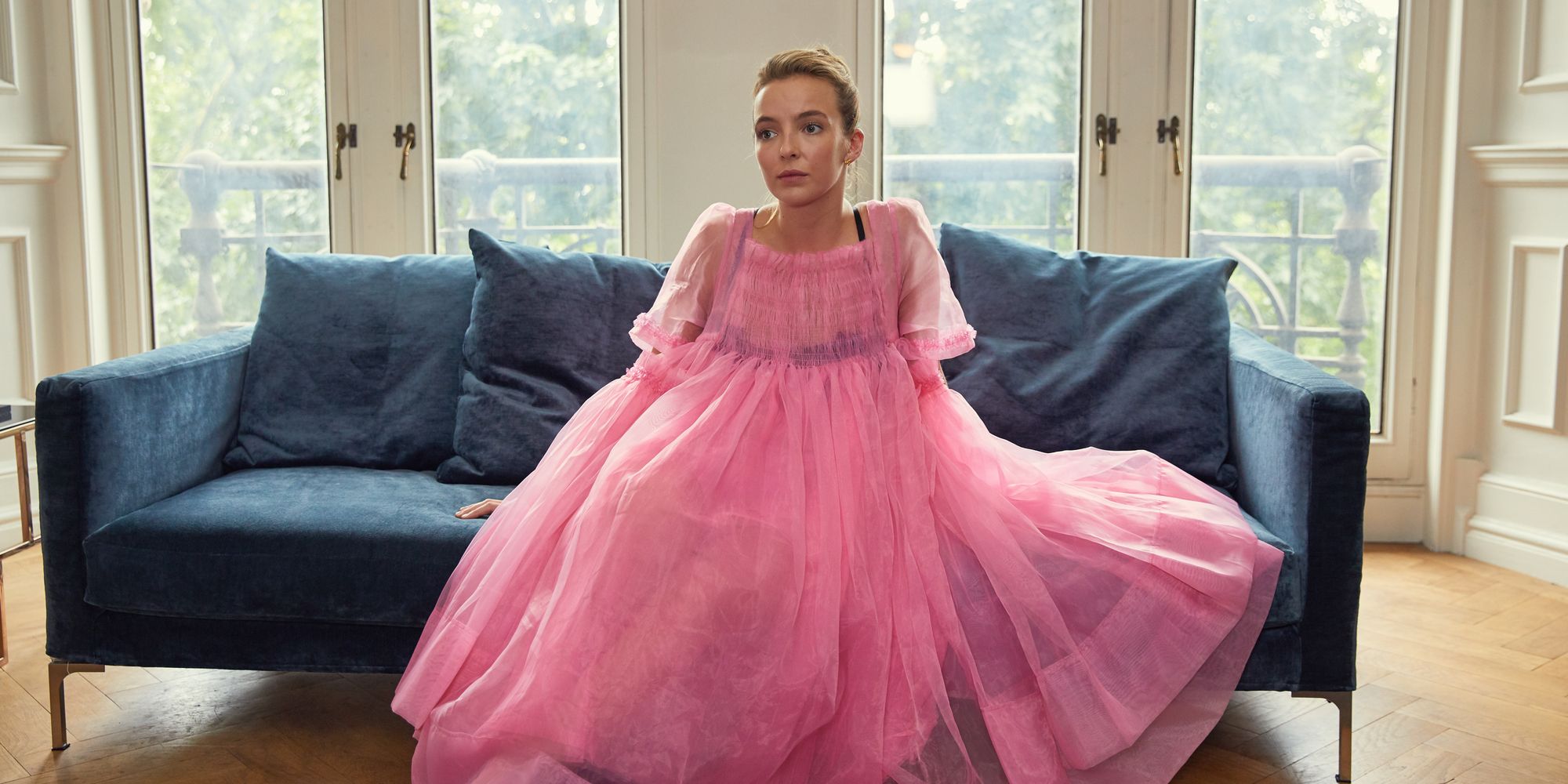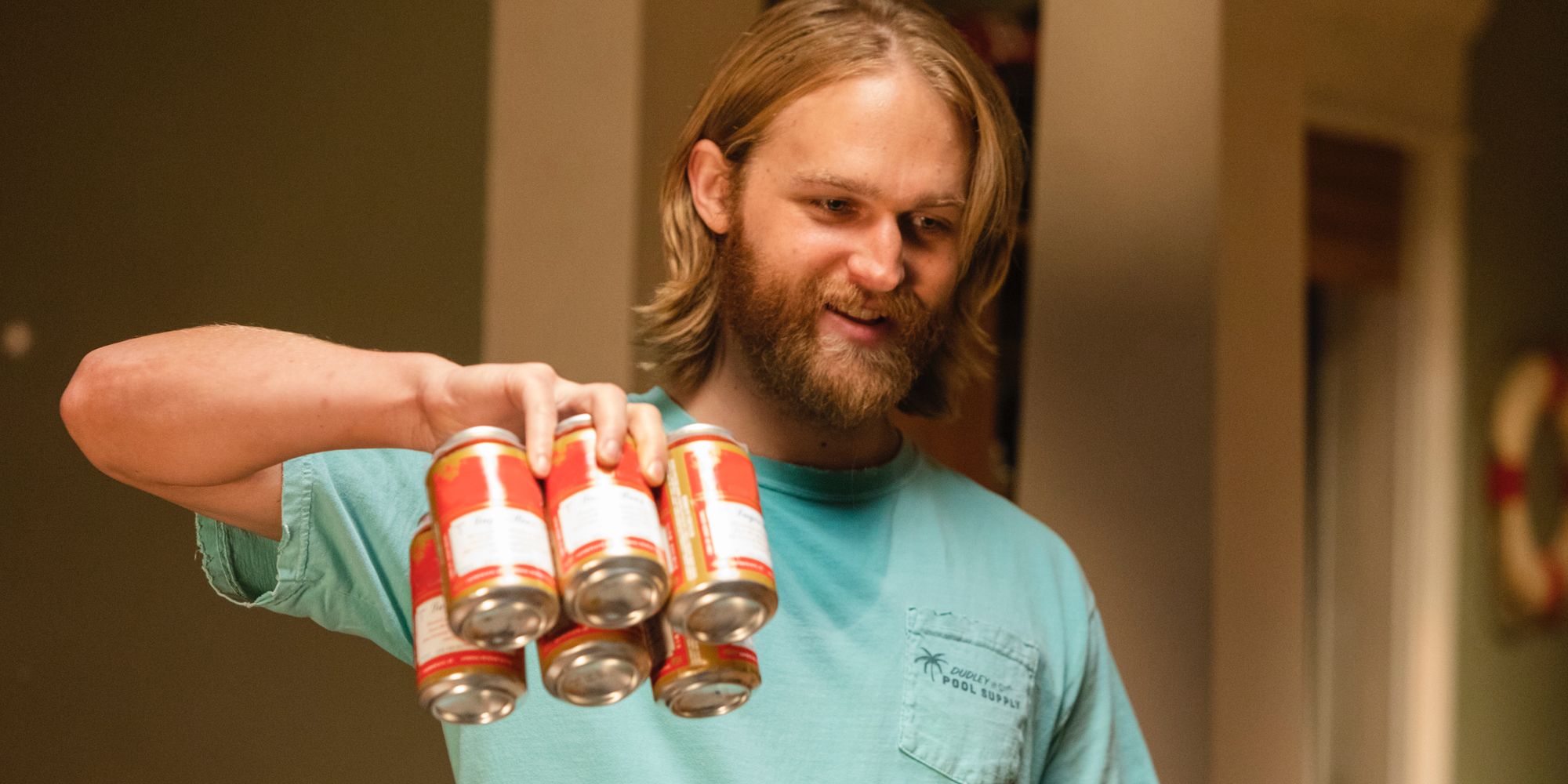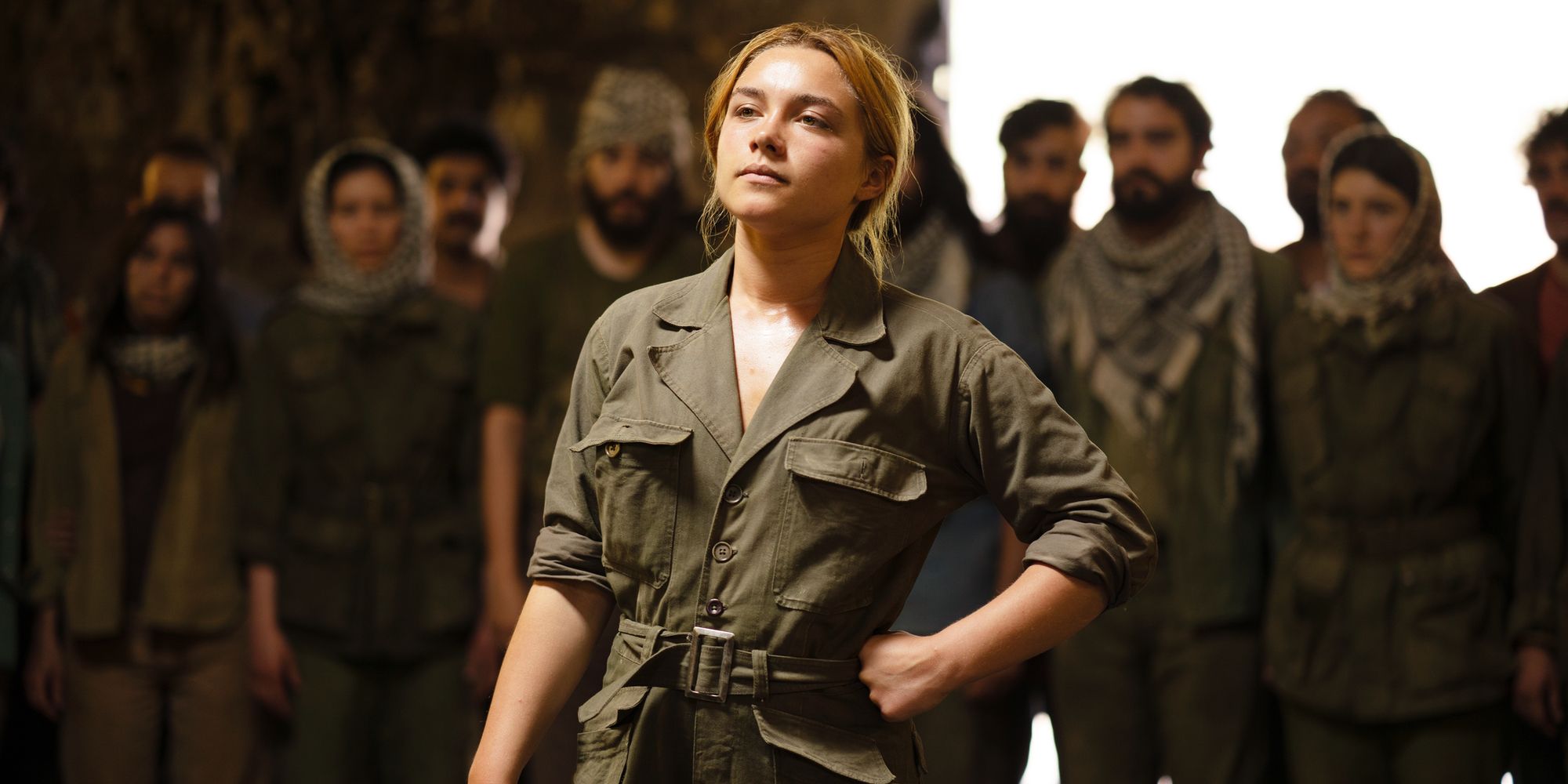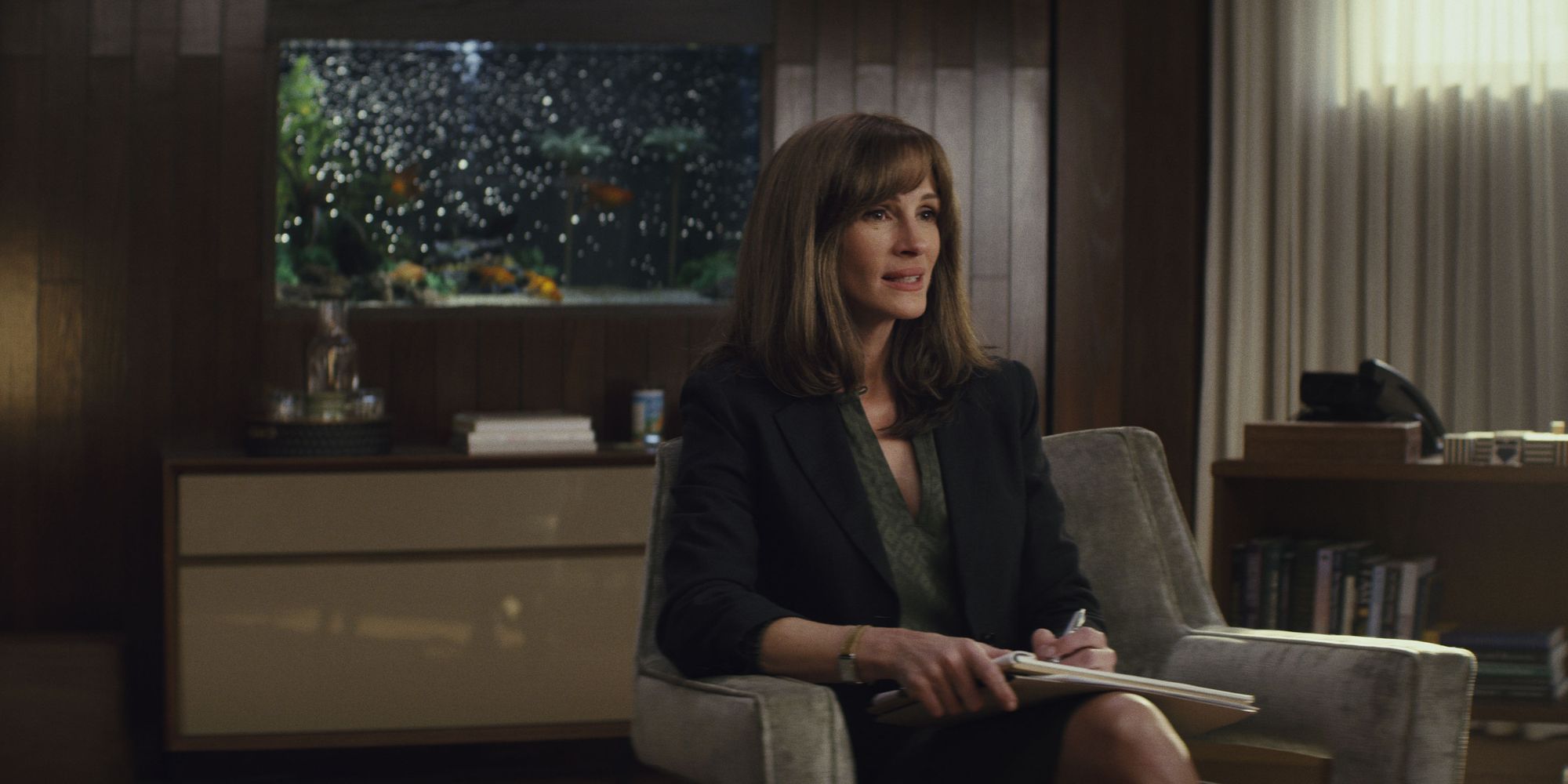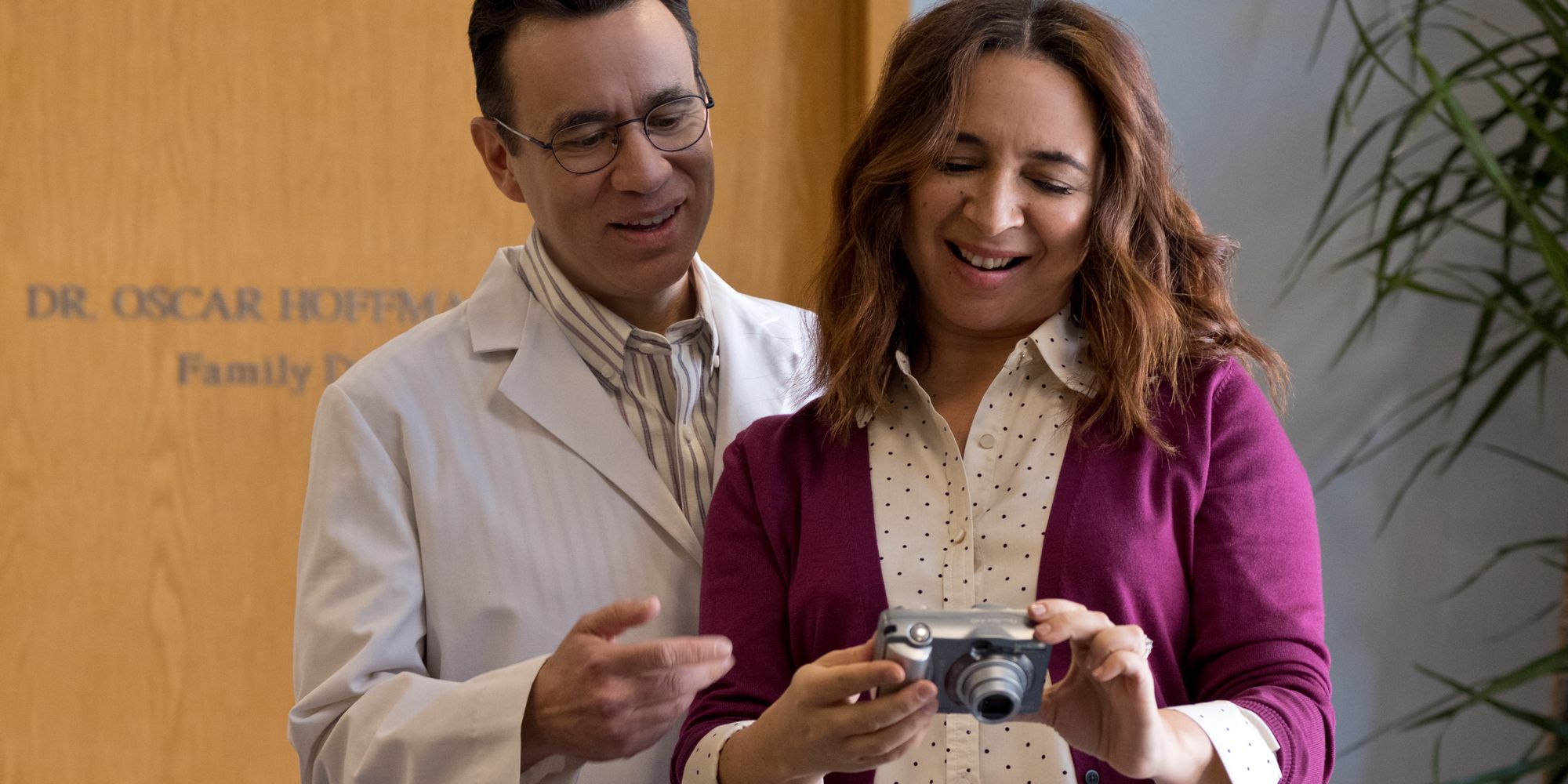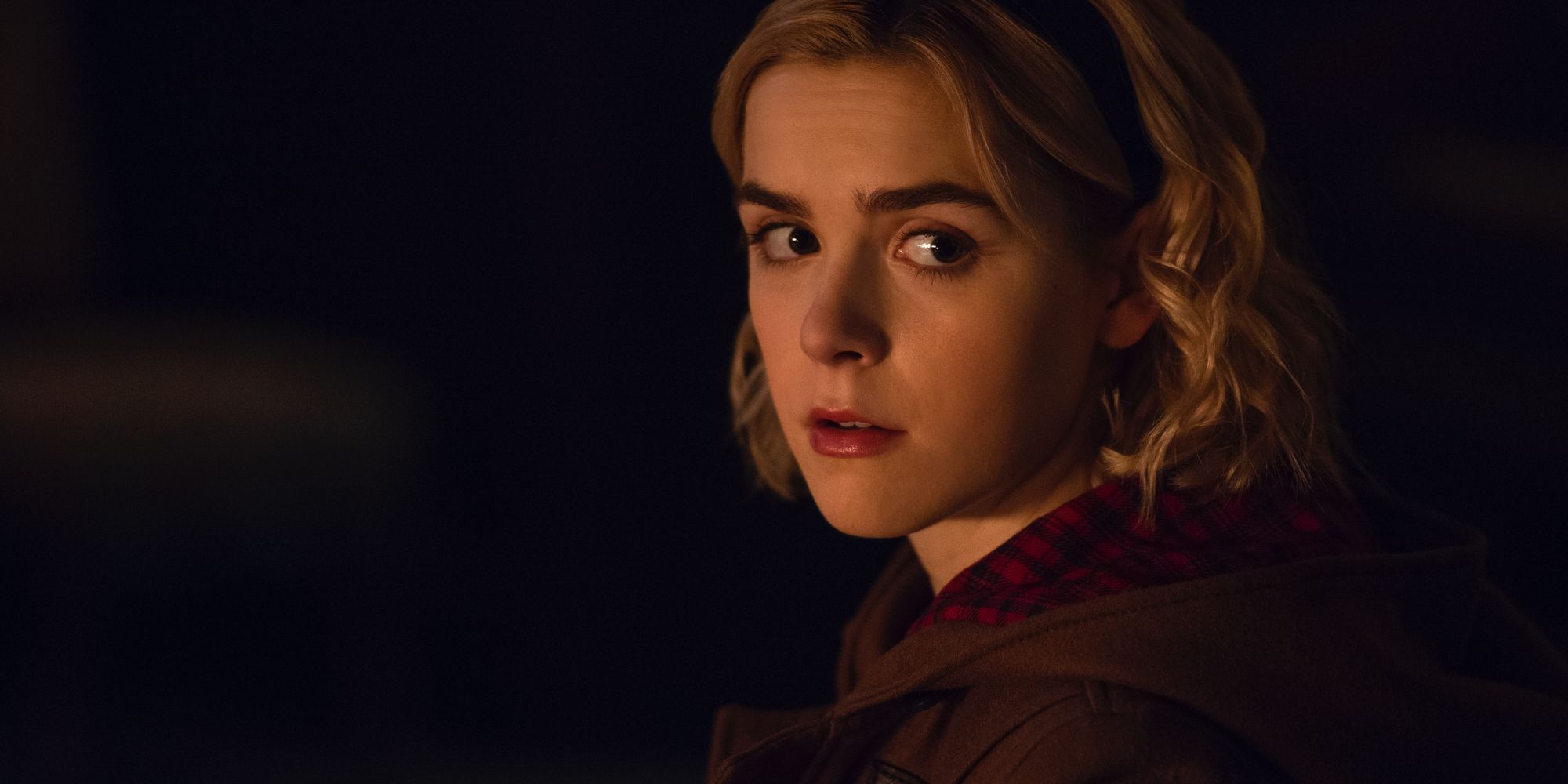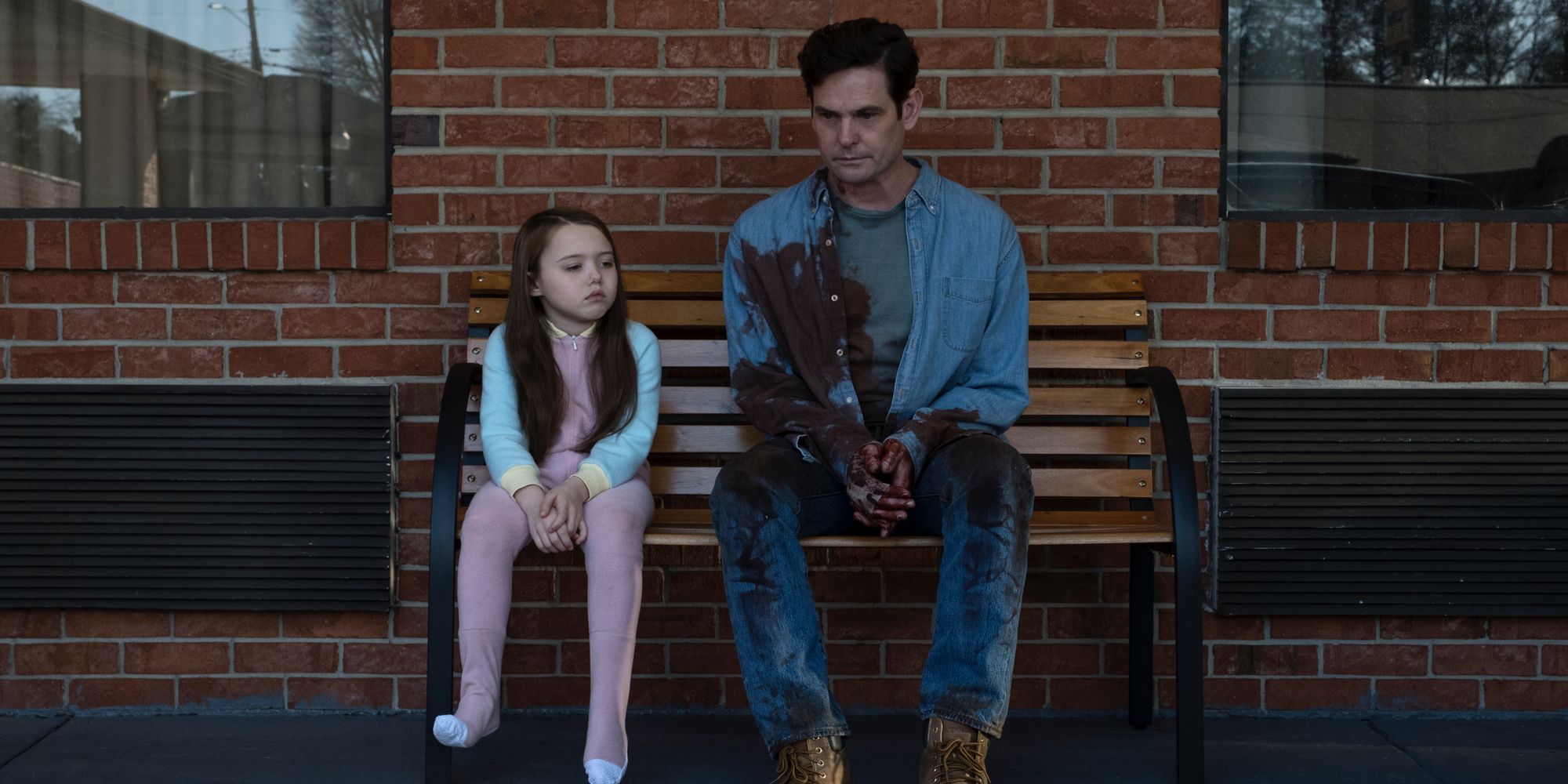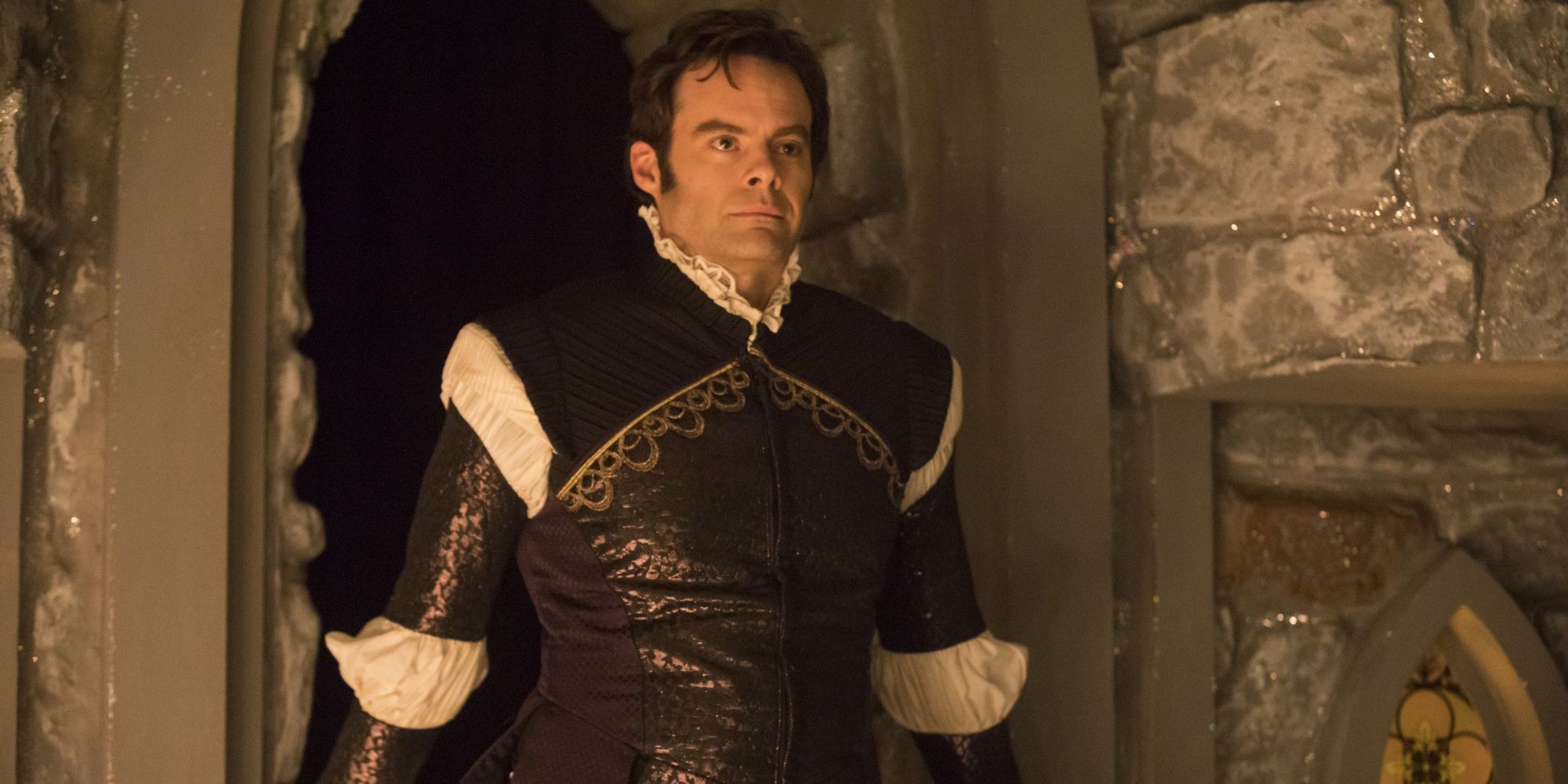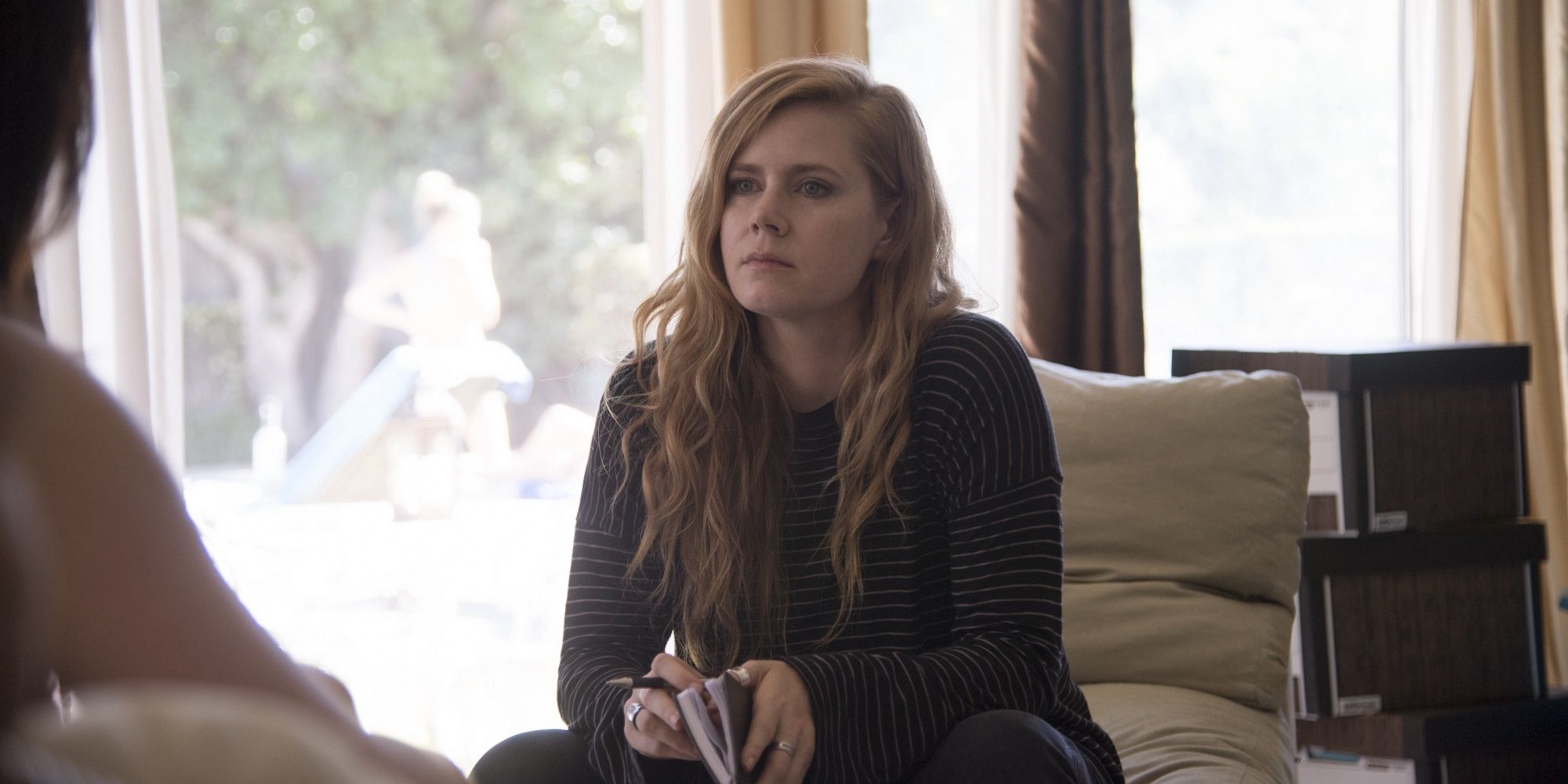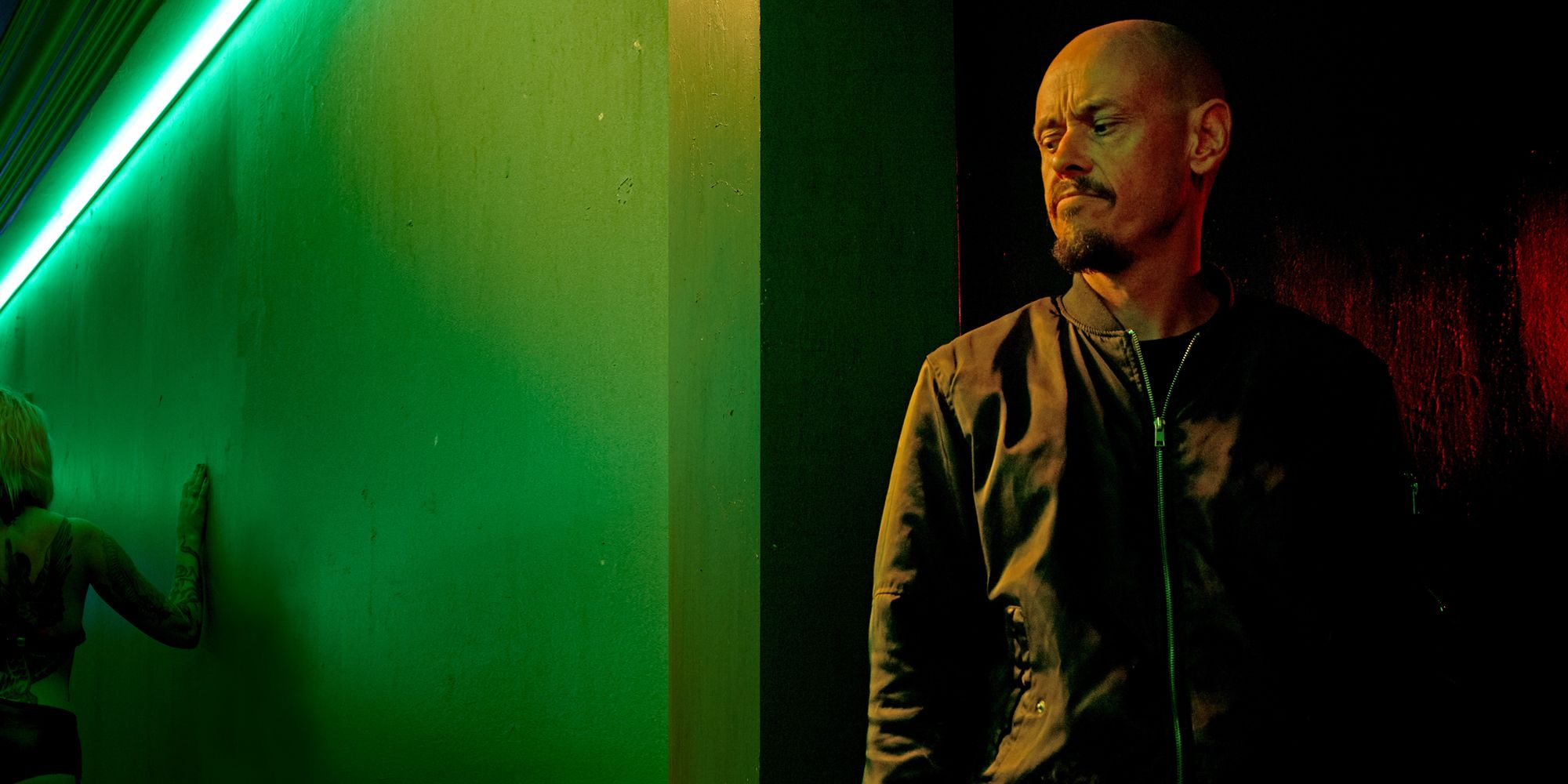In 2018, television welcomed one of the most impressive freshman classes in recent memory. It’s a good bet the majority of TV’s Best of Lists for the year will be (or already have been) heavily populated by the bumper crop of shows that popped up on broadcast, cable, and streaming over the course of the year. No matter where you looked, or where your subscription dollars went (premium channels, Netflix, Hulu, Amazon, etc.), there wasn’t just something for everyone, but something really good that everyone should have the chance to enjoy.
What that means for television in 2018 is something of a question. Was it that the old, reliable TV staples weren’t that impressive? Not so fast. The Americans headed back to the bosom of Mother Russia with a tremendous series finale, AMC’s Better Call Saul continues to be an impressive feat of narrative engineering, and Atlanta is still the strange, unforgettable, genre-defying series it was in its first season. There were others, too, like Brooklyn Nine-Nine (which defied death to be resurrected on NBC), and BoJack Horseman, which somehow gets better every year (that eulogy episode is one for the record books).
More: Timeless Series Finale Review: A Hasty Wrap-Up Settles Nearly Every Account
But, by and large, it was the newcomers who made the biggest splash this year, which may be on account of their being the shiny new plaything viewers crave, but it may also prove to be a bellwether of things to come. With peak TV still a thing, and even more scripted shows expected in 2019 and, presumably, the years to come, it wouldn’t be too surprising to see television’s cream of the crop consist of newer and newer shows with each passing year.
Here’s Screen Rant’s list of the Best New TV Shows of 2018:
Succession
HBO’s Succession, a darkly comic series about a family dynasty and its dysfunction, took the uncomfortably familiar story of absurdly rich people failing — sometimes upwards, but always, in one form or another, failing — and made it one of the funniest, best-written new shows to hit television this year. The series’ addictive, acerbic charm was thanks in large part to the efforts of In the Loop and Veep writer Jesse Armstrong, but it was also due to the absurdly talented ensemble, that includes Brian Cox (and his masterful ability to sling profanity), Kieran Culkin, Alan Ruck, and Sarah Snook. All were superb, but series standouts Nicholas Braun, Matthew Macfadyen, and, of course, Jeremy Strong consistently managed to top themselves from episode to episode.
The series went on a ridiculous run in the latter half (maybe more) of its first season, delivering one petulant family gathering after another. It was as though all Armstrong had to do was get the Roy family in a room together and the scenes just wrote themselves. Over the course of the season it became clear there’s not a scenario the Roy clan couldn’t turn into an unmitigated, relentlessly watchable disaster. After a dismal Thanksgiving, a failed therapy session, and a debauched bachelor party, it’s no surprise the season was capped off with a wedding that went the full Chappaquiddick.
No other show on television captured the highs and lows of family dysfunction quite like Succession, and no other show made it seem so of a moment, either.
Counterpart
What a year 2018 was for the folks working in confines of fictional clandestine operations. Television loves a good spy story, but this year the genre seemed to be the gift that keeps on giving. While Philip and Elizabeth Jennings said their goodbyes, TV everywhere welcomed a bevy of new spy-centric shows, none with a more compelling and existential twist than Starz’s Counterpart. Headed up by a phenomenal and complex dual performance by J.K. Simmons, the series boasts an impressive supporting cast, most of whom get to pull double duty, too.
What sets Counterpart, well… apart is how it refuses to live down to its status as a genre mashup. Never indulging in the kind of tepid world-building that could stymie a good story, the series threads a multitude of storylines into a nail-biting tapestry that asks big questions about the nature of identity and choice, and, especially in season 2 (which also began airing in 2018), how violent ideologies are sometimes born. As the story progresses, it’s clear that series creator Justin Marks and his writers’ room are interested in splashing around in some of the more familiar spy genre waters, while seriously upping the ante on the question of “Who can you trust?” As the show demonstrates, that question becomes infinitely more complicated when you literally can't trust yourself.
Killing Eve
Was there a buzzier series in 2018 than BBC America’s Killing Eve? In the individualistic and very capable hands of Phoebe Waller-Bridge, the television adaptation of the Villanelle novellas by Luke Jennings became something altogether new and exciting. A funny, obstinate, and often times violent exploration of obsession and infatuation (sexual and otherwise), the series began with one killer episode (sorry) after another, introducing Sandra Oh and Jodie Comer’s Eve Polastri and Villanelle before eventually putting them on a wicked collision course neither woman would necessarily object to being on.
Just as exciting was how the audience for Killing Eve grew as the season progressed, becoming a rare hit on television that didn’t succeed in spite of shedding viewers over the course of eight or ten (or more) episodes. Mostly, though, Killing Eve brought deserved attention to its lead actors, as well as Waller-Bridge, making the idea of obsession one the audience shared with the show’s characters.
Narcos: Mexico
Technically the fourth season in Netflix’s successful Narcos series, but also technically a brand new series from the same team, Narcos: Mexico is the latest offering in the real-world drug trafficking drama, and it’s also an example of how this series can continue to grow and get better with age.
Narcos season 3 demonstrated why Pedro Pascal was leading man material, but it also showed how much better the series was once it freed itself from the narrative yolk that was the story of Pablo Escobar. If that season was a test, then it’s one the Narcos crew clearly learned from, as they not only left Escobar behind, but they ditched South America altogether in favor of, well, Mexico, and a pair of superb leads in Diego Luna and Michael Peña. The result was a completely reinvigorated drama that was not only a far more compelling origin story of a lesser known (at least in terms of popular culture) drug empire, but it also offered up more of what the series did exceedingly well: paint rich, full pictures of individuals on either side of the fruitless war on drugs. Narcos: Mexico even managed to turn its mostly unnecessary voiceover into something interesting by bringing in Scoot McNary’s voice long before the show introduced the character he was playing.
If the series can be this successful in reinventing itself, there’s really no limit to where Narcos can go once it’s time to leave Mexico.
Lodge 49
Sometimes it’s okay for a show to just be a solid hang. And while AMC’s quirky Pynchon-esque comedy Lodge 49 certainly lives up to that billing, it also has some intriguing ideas hiding underneath its amiable surfer-bro-meets-secret-fraternal-order exterior. The series also has a terrific lead performance from Wyatt Russell as Dud, the surfer in question who’s nursing wounds both physical and emotional, and just trying to make the most of an increasingly bad set of circumstances.
At times it seems as though Lodge 49 is an experiment in low-stakes storytelling, but the show’s surprisingly deep bench of character actors (Brent Jennings, Sonya Cassidy, and David Pasquesi are among the most memorable) keep what at first appears to be a light and breezy affair from simply floating away. The result is an outrageously charming new series that is, above all else, just a really satisfying hang.
The Little Drummer Girl
Beautiful, compelling, and immensely watchable, AMC’s latest John le Carré adaptation, The Little Drummer Girl, is perhaps the best example of auteur television (inasmuch as there is such a thing) in 2018. With its complex story driven by the idea of performance and where and when the lines between truth and fiction are most (and perhaps best) blurred, the limited series told a captivating tale.
That tale was made more enthralling thanks to the performances of Florence Pugh, Alexander Skarsgård, and Michael Shannon, as well as its stylish period trappings. But mainly, The Little Drummer Girl surpassed all expectations thanks to the direction of Park Chan-wook. Not a scene in the six-episode series is wasted. Whether it’s a dreamy interrogation, a lonely drive though Yugoslavia, or simply a moment of necessary exposition, there’s always something catching the director's attention. What makes the series so worthwhile is the way in which he makes those moments captivating for his audience as well.
Page 2 of 2: Homecoming, Forever, & More
Homecoming
Series adapted from podcasts had their moment in the sun in 2018, but none more excitingly than Amazon’s Homecoming. Starring Julia Roberts, and directed by Mr. Robot creator Sam Esmail, the series is a tightly wound thriller in the vein of films from such directors as Alfred Hitchcock, Brian De Palma, and Alan Pakula, but with a thoroughly modern sensibility. Esmail brings a relentlessly claustrophobic flair to the proceedings with a dramatic (and divisive) shift in the aspect ratio to denote one of the series’ two timelines.
The result is a superlative paranoid thriller that runs largely off Roberts’ layered performance, but also makes hay for supporting players like Bobby Cannavale, Dermot Mulroney, Sissy Spacek, and Shae Whigham. Esmail’s stylistic whims proved he has more up his directorial sleeve than what’s already been suggested by his soon-to-be-ending USA series. If this is where podcast-to-television series are headed, then Homecoming stands as a welcome start of a new trend.
Forever
While Amazon is still reveling in its Emmy glory with The Marvelous Mrs. Maisel, the house that Bezos built managed to follow that hit up with the stealth delivery of Forever, a bingeable comedy with an existential twist from Alan Yang (Master of None) and Matt Hubbard (Superstore). The series is an example of what happens when world building goes right, as it focuses on the sometimes taxing banalities of marriage, while also offering up a clever examination of the little pleasures that make life worth living.
A sweet and charming premise hides an unexpected turn of events that brings Forever on par with NBC’s The Good Place, but with less of a distinct goal in mind for its protagonists, played by Maya Rudolph in a career-best performance and Fred Armisen, who delivers steady laughs in a charming supporting role.
The star of the show, however, is what Forever was hiding from its marketing, and the question of where its story is going to go once it delivers the big surprise. The surprise for audiences is that, once Yang and Hubbard take the narrative plunge (so to speak), there’s so much more to yet to be discovered. And at just eight half-hour episodes, Forever raises some interesting questions on the subject of eternity, without overstaying its welcome.
Chilling Adventures of Sabrina
Netflix’s delightfully campy teen drama Chilling Adventures of Sabrina is the ideal way to follow through on the live-action revamp of the Archie Comics brand being overseen by Roberto Aguirre-Sacasa. After the Americana-as-horror-story atmosphere he created in Riverdale, Sacasa does the chock’lit shoppe-loving teens one better, this time by sending the Chilling characters straight to hell — or as close to it as he can get. The result is a surprisingly dark series that knows its core audience so well it doesn’t waste a minute trying to over-explain things to them. Instead, the series moves at an impressive clip, knowing viewers are along for the ride, because of course they are.
The series boasts a terrific lead in Kiernan Shipka as Sabrina, who grounds the story with a mix of charm and humanity, but Chilling Adventures of Sabrina raises the bar considerably thanks to a pair of wonderfully arch performances from Miranda Otto and Michelle Forbes. The two delight in swinging for the fences in every scene they’re in and more often than they hit it right out of the park. Maintaining the ideal balance between horror and camp isn’t easy, but Sacasa, along with Shipka, Otto, Forbes, and the rest of the show’s cast make it look like it is.
The Haunting of Hill House
Mike Flanagan is one of the more interesting names in horror at the moment. After turning in a handful of solid genre movies, like Hush, Gerald’s Game, and Oculus, he focused his attention on the oft-adapted novel by Shirley Jackson, The Haunting of Hill House. The result was an accomplished (and appropriately) haunting ghost story that dealt its fair share of scares throughout a (maybe too long) 10-hour run, but the series’ real achievement is how it turned one of the most acclaimed and familiar haunted house tales into an effective exploration of trauma and grief.
Flanagan wove a complex story through two different timelines, with two actors (many of them children) playing nearly every role, and he still came away with a compelling and bingeable drama. The series also featured a seamless one-shot episode that, even for those who weren’t over the moon with the Crain family’s dealings with the supernatural, is still quite an achievement. Add that to a strong cast, headed up by Carla Gugino and Henry Thomas, and you have a Netflix Halloween event series that doesn’t punch down with regard to genre expectations, but instead managed to succeed by virtue of having a compelling interpretation of its source material.
Barry
What sets HBO’s Barry apart from the other assassin-centric series on this list is while Killing Eve very clearly pumped the brakes near its season’s end, so as to extend the life of its story, Bill Hader and co-showrunner Alec Berg simply cut the brakes on their series. The result, then, delivered an excruciatingly dark season finale that didn’t so much untether the series as send it careening (excitingly) out of control — the likable lead was now well past the point of any sort of redemption, a scenario that will make things equal parts difficult and intriguing for the audience when it returns for season 2.
But while it’s all too easy to ponder what’s next for the beleaguered assassin-turned-would-be actor, there’s a litany of reasons why Barry season 1 earned a spot on this list. From two Emmy-winning turns by Hader and Henry Winkler to the series’ management of its wild shifts in tone — often laugh-out loud funny moments were punctuated by purposefully unfunny and violent turns. It also boasts a phenomenal supporting performance from Sarah Goldberg, a desperate actor whose raw-nerve energy closely mirrors that of her romantic partner. Mostly, though, Hader’s series surprised by not leaning into the cliches of the hitman subgenre, and instead driving straight through its biggest obstacles, seemingly just to see what’s waiting on the other side.
Sharp Objects
What could have been another trashy tale of girls being murdered was fashioned into a languorous exploration of the ways in which toxic behavior begets more of the same. The limited series benefitted from superlative efforts all around, from Amy Adams’ vodka-fueled investigation of her character’s inclination toward self-harm to Patricia Clarkson’s magnificently exaggerated performance as her mother to Matt Craven’s relentlessly sweaty and smoky role as a small town police chief, Sharp Objects had a little something for everyone to lock onto.
Aside from the performances, though, HBO’s slow-burn limited series benefitted from Marti Noxon and Gillian Flynn’s adaptation of the latter’s novel and the way in which director Jean-Marc Vallée toyed around with time, turning the past and the present into a feedback loop filled with some of the most fascinating and watchable grotesques of the year. Though it aired over the course of eight weeks, Sharp Objects may have been the first HBO series built to binge. That’s possibly a sign of things to come as the premium cabler prepares to scale up its efforts to compete with Netflix, but it also works in the audience’s favor, as the series (along with its bonkers post-credits scene) makes for a surprisingly rewarding rewatch.
Mr. Inbetween
FX’s Australian import Mr. Inbetween is yet another fascinating take on the world of hitmen. Series creator, writer, and star, Scott Ryan, plays Ray Shoesmith, a criminal and killer for hire juggling the dark and bloody aspects of his chosen profession with being a father, a brother, and a boyfriend. Where the series excels is in its refusal to make excuses for its cold-blooded protagonist, but also in its straightforward and sometimes unnervingly humorous depiction of the more workaday aspects of his otherwise unusual lifestyle.
At times brutal, heartfelt, and even laugh-out-loud funny, Mr. Inbetween is, perhaps best of all, short. At a time when there’s simply too much TV (new and otherwise), the series clocks in at six half-hour episodes. Ryan and director Nash Edgerton manage to do more within that limited amount of time than most series (here’s looking at you, recently canceled Marvel Netflix series) do with four times as much. If anything, Mr. Inbetween may serve as the ideal template of what television will become in an increasingly crowded market.

